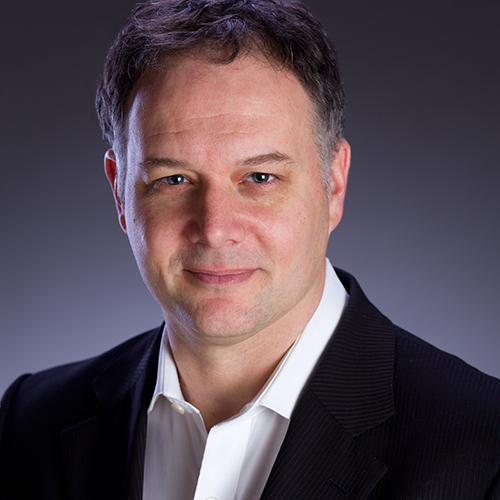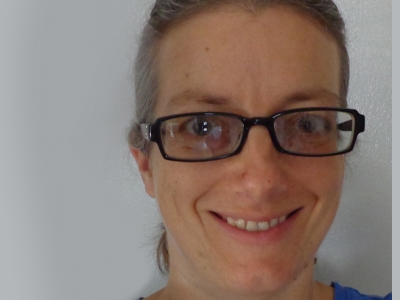This profile was part of the Faculty of Public and Global Affairs’ 75 for the 75th series, which highlighted 75 notable alumni in FPA in honour of Carleton University’s 75th anniversary. These stories were published in 2016 and 2017.
President, Higher Education Strategy Associates
Master of Arts, Political Science (’04)

Universities are large, complicated and often imposing to those on the outside.
As the head of Higher Education Strategy Associates, Alex Usher bridges that divide: with research, blog posts, tweets and articles that explain higher education to the public while speaking to higher education professionals themselves.
“Pay attention to dollars and cents. Pay attention to inputs and outputs,” he told academic readers in his year-end blog post in 2016. “Do not take the public for granted. In a populist age, nothing could be more dangerous.”
While his post mentioned the vulnerability of public institutions in the time of Trump and Brexit, Mr. Usher was quick to point out the advantages to the Canadian system.
“For the most part, Canada has avoided the stratified education system you see in the United States. Fourteen percent of undergraduates enroll in Canada’s top three schools, while only 0.1% reach the Ivy League in the United States,” he explained. “When you look at how much we spend on higher education, we always look better than the OECD average.”
When it comes to Canadian universities, Mr. Usher often doles out a heavy dose of tough love, backed up by research and more than 20 years in the higher education field.
“I’m a friend, but I’m a critical friend,” he explains. “There’s a belief that higher education is in the public interest because we say so. I don’t buy that.”
Mr. Usher’s first exposure to university relations came when he was a student politician at McGill University, advocating for affordable tuition fees. From there, he landed a job as national director of the Canadian Alliance of Student Associations, followed by a position with the Association of Universities and Colleges of Canada.
He was there when the 1998 federal budget was released, which created the Canadian Millennium Scholarship Foundation.
“I was working on my Master’s degree at Carleton and I remember leaving class and going into work just as the Speech from the Throne was being delivered, which announced the Foundation,” he recalls.
Mr. Usher ended up leading a four-year research project to measure the long-term effects of student aid for the Millennium Scholarship Foundation, which involved negotiating agreements worth $2.5 billion with provincial governments. He later directed the Foundation’s research program.
“I wanted to be the research guy who understood government relations, rather than the government guy who read other’s research,” he says, giving credit to his Carleton experience for boosting his research capabilities.
Those experiences led to his founding of the company Educational Policy Institute Canada—now Higher Education Strategy Associates—which offers strategic guidance to governments, universities and agencies. Mr. Usher also serves on the advisory board of the Academic Ranking of World Universities, known as the Shanghai Rankings.
His most recent project involves serving as a consultant for the World Bank, which is creating student loan programs in Africa. Among the challenges he’s tackling: “How do you track borrowers when there’s no phone book, no tax numbers? How do you measure need in a cash economy?”
In light of the diversity of projects he’s working with, it’s no surprise that Mr. Usher is still enthusiastic about his work.
“The field of higher education is so huge; I’m never bored,” he says. “It’s been more than 20 years, but I still have a lot to learn.”
Tuesday, January 17, 2017 in #FPA75, Career Paths, Department of Political Science
Share: Twitter, Facebook



